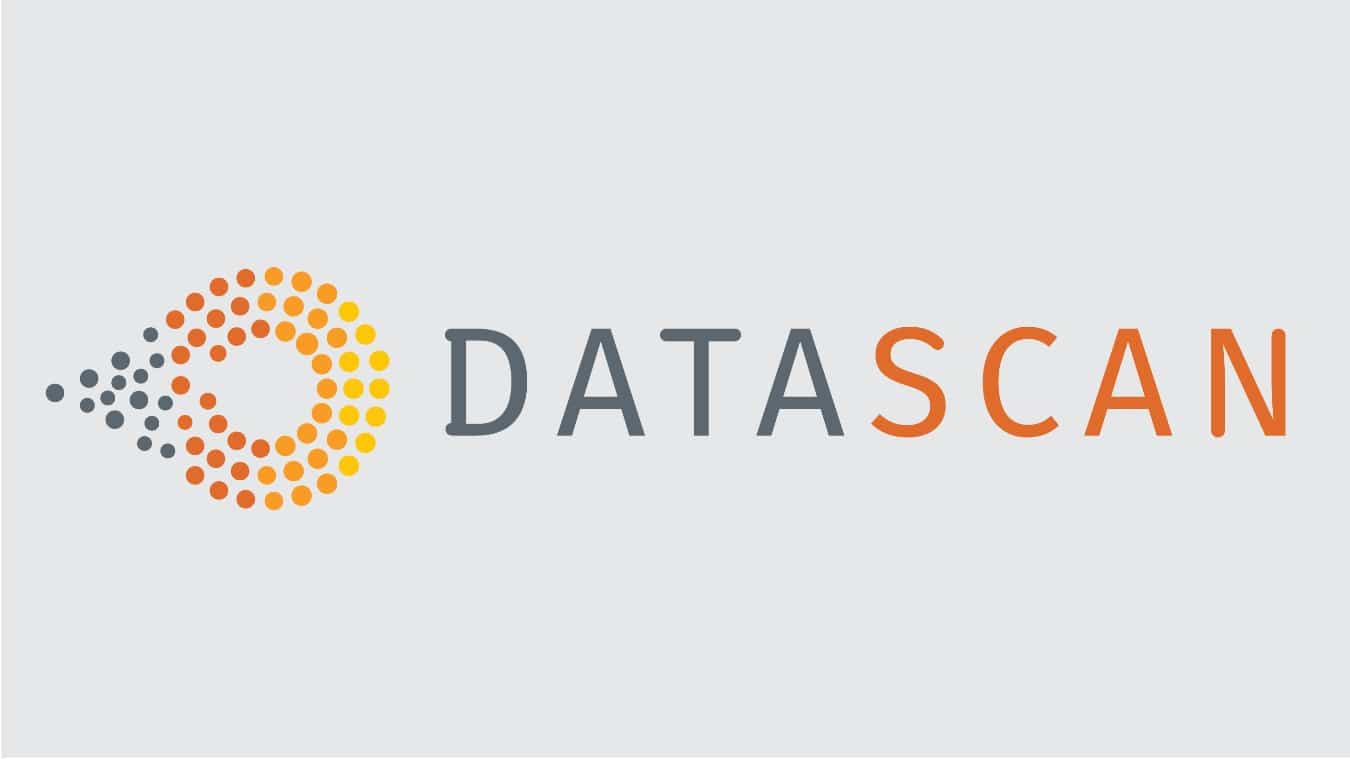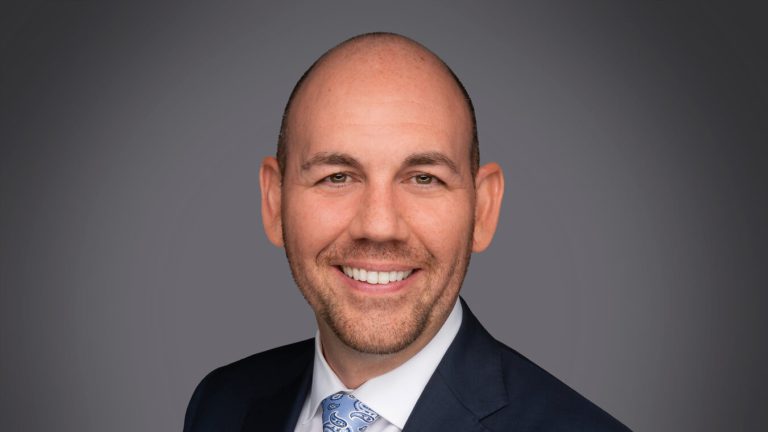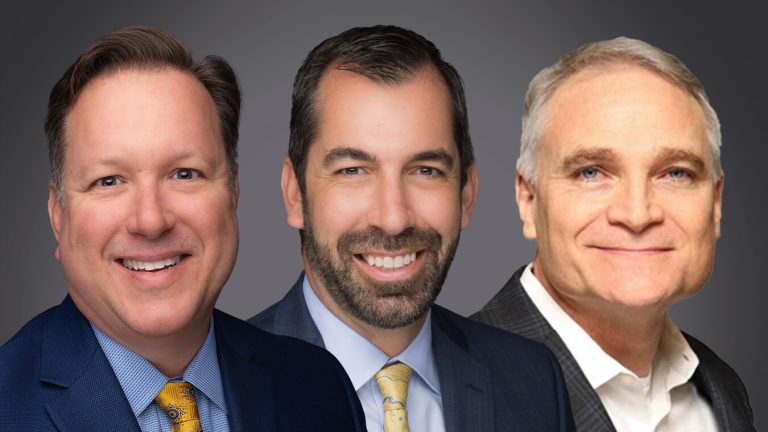Toyota Financial Services Selects DataScan for Mazda Project Support
August 4, 2020
In August 2019, Mazda announced that they would be switching to Toyota Financial Services (TFS) as its captive finance partner. TFS was challenged to deploy a production-ready platform for floorplan lending to support Mazda by April 2020. TFS quickly selected DataScan to expand its multi-year system and audit relationship for this time-sensitive project. The Q&A below between Kathie Holt, group manager for Toyota Financial Services and Marc Maples, director, Implementation and Product Management for DataScan, explains how this high-priority project was accomplished.
Q: Kathie, would you mind describing both the business and technical challenges delivered to your team with the new Mazda business?
Kathie: The Mazda opportunity came with a short timeline to deliver, about six months. While the timeline was short, the timing was good as we had just embarked on a digital transformation journey focused on mobility, agility, and platform-driven business. Instead of adding Mazda Financial Services (MFS) to our legacy systems, we chose to launch MFS on a new digital, multi-tenant architecture platform designed for multiple brands. Our challenge was to partner with solution providers who can deliver fully functional, multi-tenant solutions with speed and agility. These solutions are designed for the business of the future, not just the business of today. As our business continues to transform and grow, the new solutions had to be flexible and intuitive enough to support adjustments for our new private label partners.
Q: Marc, how did your team respond to the short timeline?
Marc: When the Mazda opportunity arrived, we were already at full capacity with implementation projects for other clients, so we had to make some adjustments to accommodate the short timeline. We added two new product analysts to our team assigned to the project so that Toyota would always have someone available to assist and as to not negatively impact other client projects. It involved a lot of coordination to ensure that both of our product analysts were aware of everything going on with the project and it seemed to work out really well. Additionally, we also reached out to the Client Success team at DataScan for an additional resource, which allowed us to meet the short timeline’s deliverables. With a right-to-left project, there is a minimal margin for error. However, those situations can actually be a benefit, as it heightens the focus of project team members. Our teams at DataScan love a good challenge, and I definitely feel that we were energized and responded well to this opportunity.
Q: Kathie, what would you identify as the key factors for the success of this project?
Kathie: There were several success factors of this initiative: a clear goal, our new way of delivering software solutions using agile digital factories, our elevated partnership focus including DataScan, and our speed of making decisions across the enterprise. Additionally, we stayed true to our guiding principle of leveraging the out-of-the-box functionality, even if it was different from how we might have done things in the past. Our few customizations were limited to branding and integrations, which was a significant factor in giving us speed. Key milestones were set, and the entire team, Toyota and DataScan, were highly engaged and diligent about tracking deliverables against the plan and calling out any impediments with clear accountability for quick decisions.
Q: Marc, from your perspective, why do you think this project was a success?
Marc: Collaboration, teamwork, and partnership. From the very first meeting, it was clear that TFS viewed DataScan as a partner even though we are the vendor. The go-live date was already committed before the project began, so both teams had to maintain a success mindset. After we laid out the key milestones for the project, Kathie asked me what DataScan needed to meet the milestones. I responded that we are going to need business decisions and requirements sign-off quickly. I will never forget her response. Kathie said, “We can’t allow people to discuss every little thing and then revisit decisions. If you aren’t getting the information and decisions you need in less than two days, please come and let me know and I will get you your answer.” That is a partnership driving towards success! It was clear that the rest of the TFS team adopted Kathie’s philosophy because we had zero issues with indecisiveness on the project. Another great example of a partnership is that TFS provided resources to address some of the system gaps, significantly reducing DataScan’s work scope. TFS was able to take core data extracts and interface with other systems directly. That was a huge success factor.
Q: Kathie, how did the current “work from home” environment play a role in how your team tested, trained, and implemented the Wholesale Intelligence solution?
Kathie: TFS transitioned to “work from home” two weeks before go-live. Our initial workshop sessions had been held on-site, and after that, we ran most of the project from multiple locations: the TFS business and IT teams were in different buildings, and DataScan worked from their location. We had frequent virtual meetings and touch-points throughout the project and were able to continue to leverage that to complete the implementation and support the roll-out. We were fortunate to have the technology and cadence in place so that we could maintain our timeline.
Q: Marc, same question. How did the current “work from home” environment play a role in how your team tested, trained, and implemented Wi for Mazda?
Marc: Thankfully, we were able to get through the majority of the project before the pandemic, including several on-site visits with TFS in Plano, Texas. Since most of our other work for Mazda occurred remotely, we already had well-established communication protocols. That being said, production training was scheduled for late March on-site in Plano, preparing for the April 1 go-live. Less than a week before training, most of the country shut down due to the pandemic. Our team had to completely shift focus and start figuring out how to train users remotely and how to take a client live remotely. To my knowledge, DataScan had never done either of those before. Again TFS was a great partner here. Both project teams came up with a webinar schedule to cover training topics and lab scenarios where users could test and ask questions. There were certainly some technology hiccups, as it is difficult to replace the value of everyone being in a single room. Still, everyone involved was committed to make it a success.



